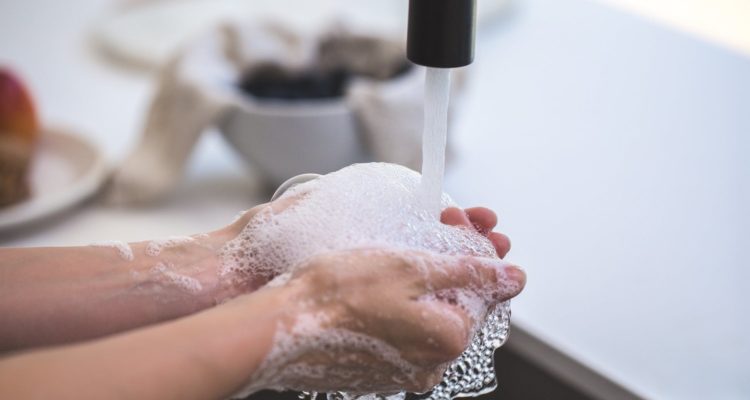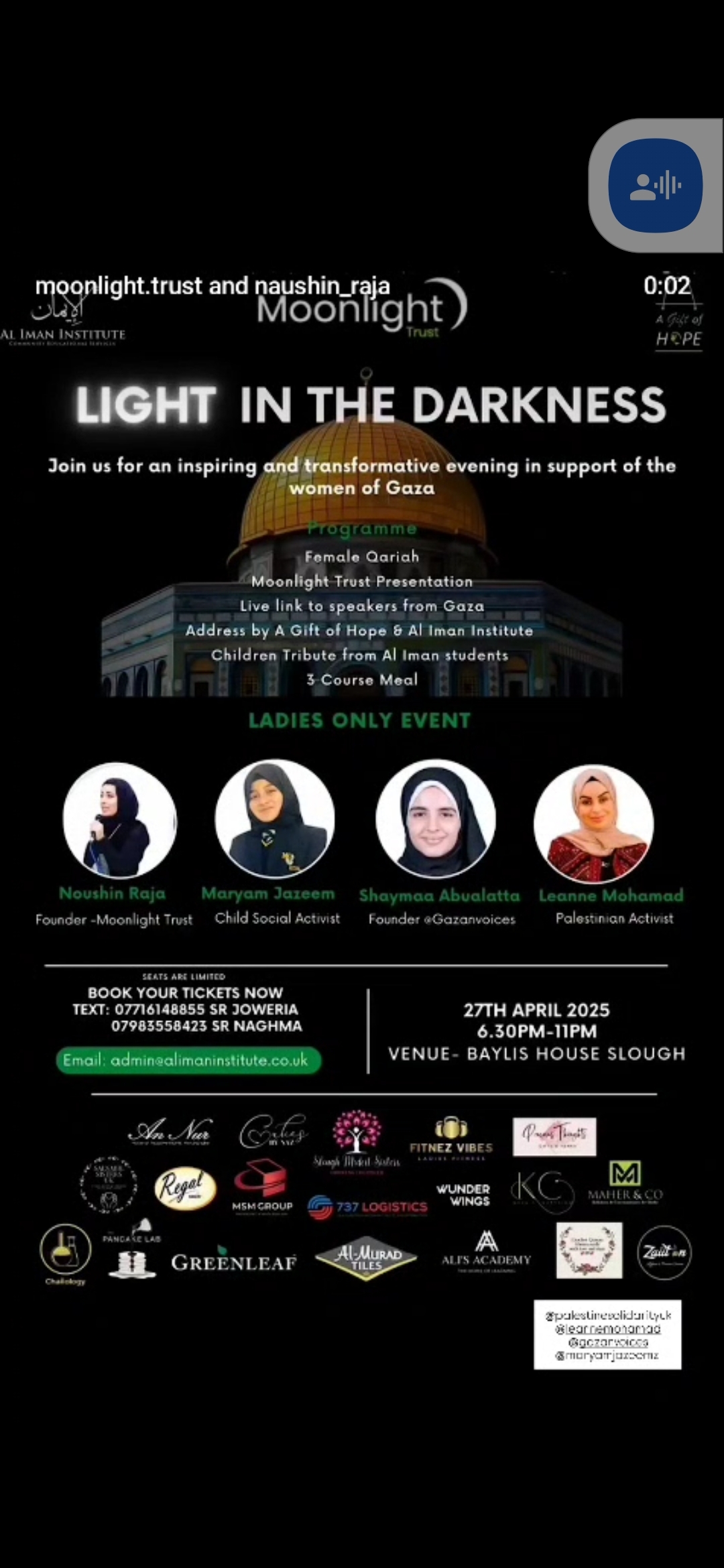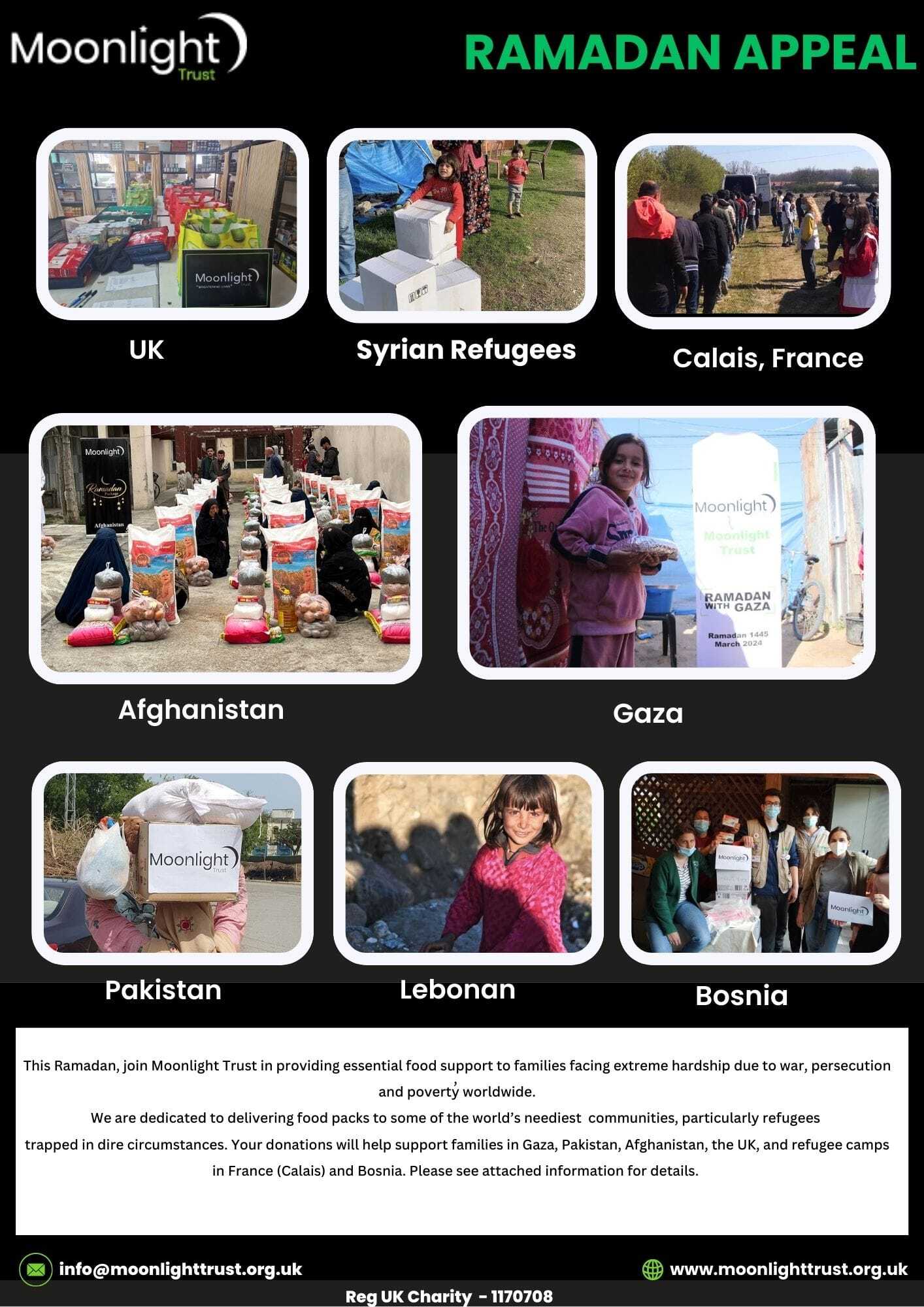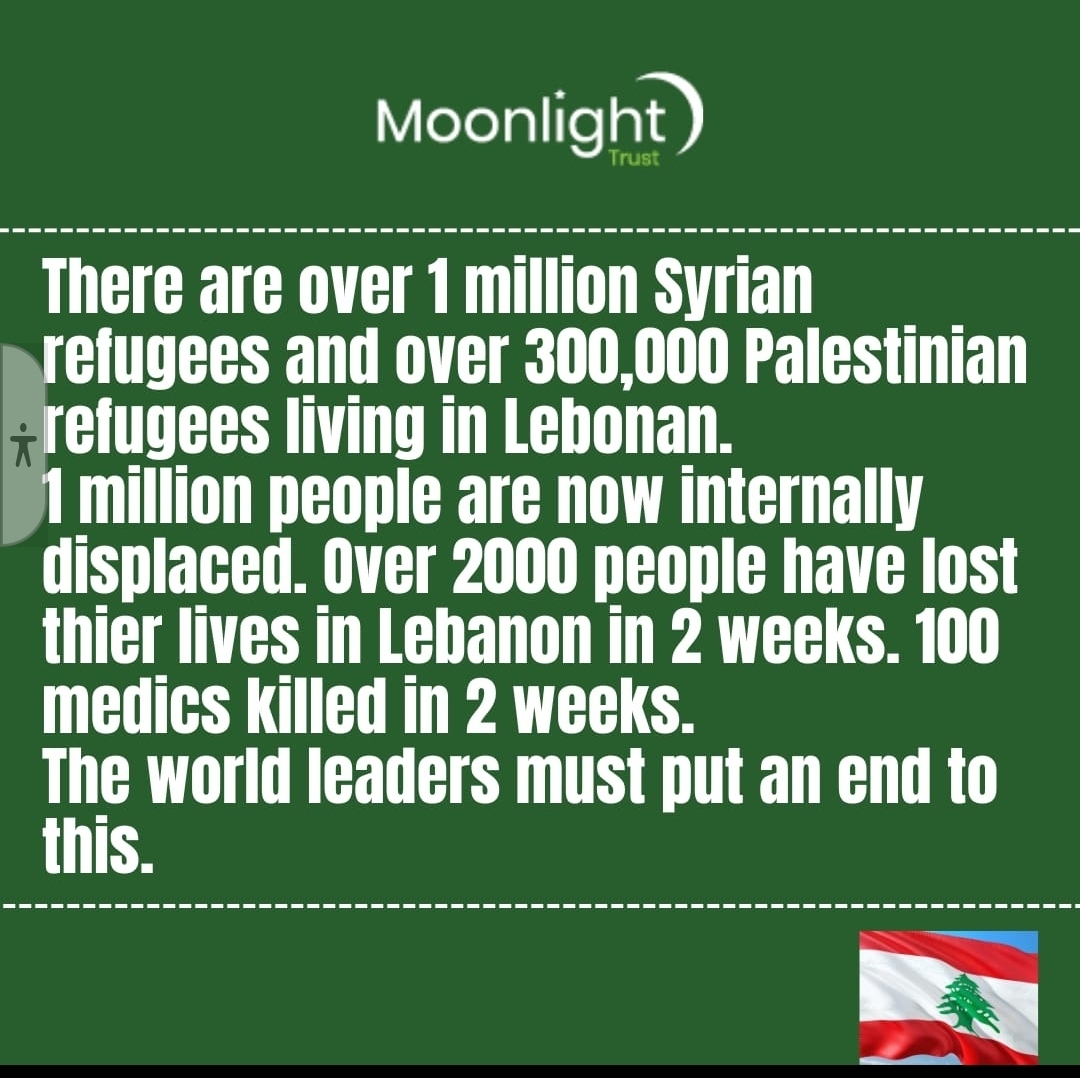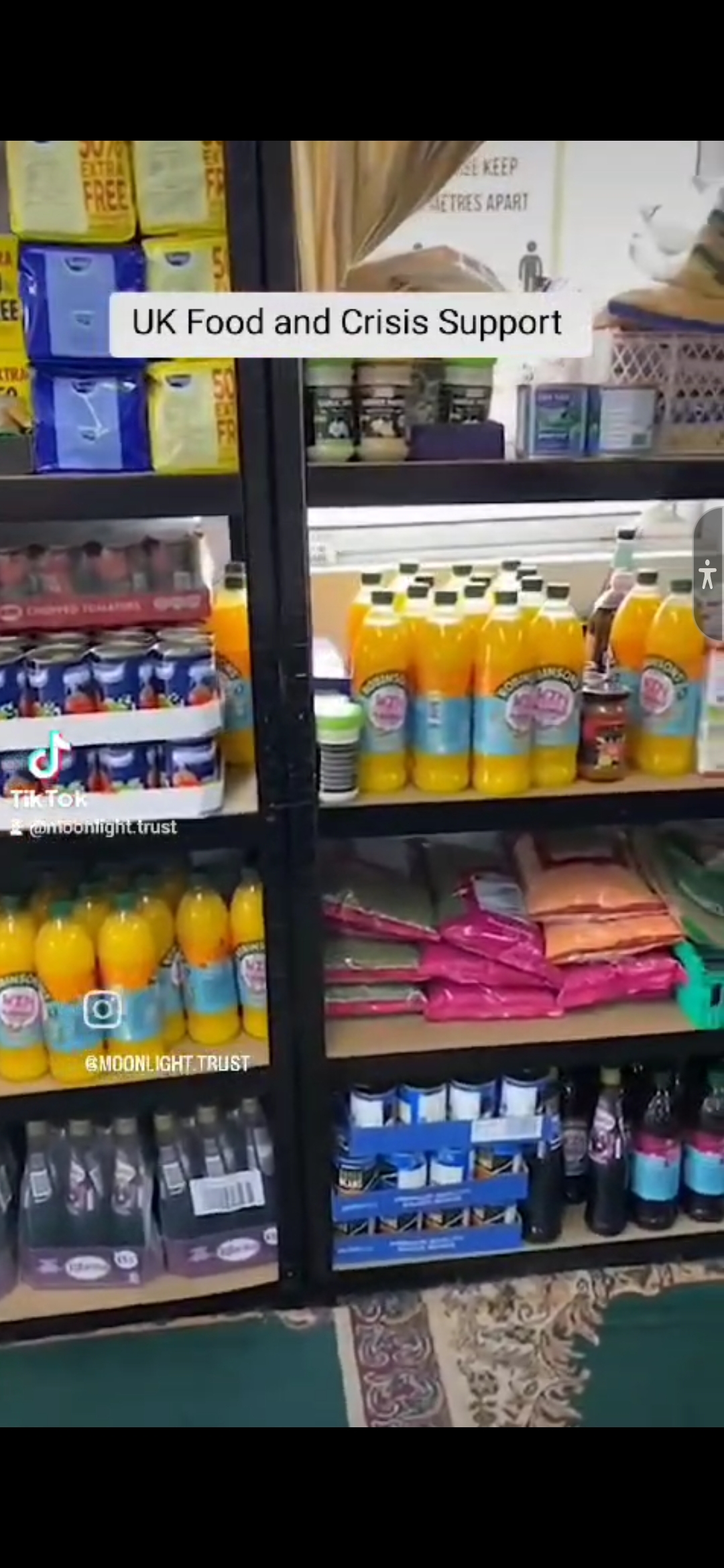Moonlight Trust’s Response to Coronavirus COVID 19
The world is facing significant humanitarian crises and in recent months has been confronting a new global challenge, the Coronavirus COVID 19 pandemic.
The government has indicated that the risk to the UK of this Coronavirus COVID 19 has been raised to high.
Moonlight Trust has put in place a plan in response to this pandemic. Our response as a small and developing charity is to follow the UK Government’s advice and relevant national advice to take steps to mitigate the impact of the pandemic on Moonlight Trust, our people, stakeholders and our community.
Moonlight Trust’s people’s (ambassadors, consultants, employees, trustees, volunteers) health, safety, well-being and protection and that of our stakeholders (partners, beneficiaries) and wider community of advisers, donors, funders, and supporters is our overriding concern in responding to this global pandemic, for those in the front line of our work and our wider community of stakeholders and beneficiaries.
We want all our Moonlight Trust people and wider community and beneficiaries to put their and their family’s health, safety and wellbeing first. We want you all to be safe and well.
Following National Advice
For those in the UK, please follow the UK Government’s latest advice and information, which is continuing to be updated and also the latest advice from Public Health England and the National Health Service UK.
For those who are in other countries, please follow the relevant national government advice. Further information is available from the World Health Organisation and other resources below.
Information is provided below on this current UK Government advice in response to the Coronavirus COVID 19.
Coronavirus (COVID19) Advice
Moonlight Trust is following the UK Government’s advice and guidance in responding to the Coronavirus COVID 19.
UK Government information is provided below with links to relevant online information (updated by the UK Government, Public Health England and the National Health Service.
Public Health England (PHE), has responsibility in England for safeguarding public health. The current risk to the UK population to high.
UK Government Advice
Information from the UK Government is available from (Ctrl & Click to follow link):
• GOV.UK: COVID-19 information and advice
• Coronavirus (COVID 19): UK government response
• Covid-19: Guidance on Social Distancing and for vulnerable people
• NHS UK coronavirus advice
• Foreign & Commonwealth Office Travel Advice
What is Coronavirus COVID 19?
COVID-19 is a new illness that can affect your lungs and airways. It's caused by a virus called coronavirus.
How coronavirus is spread?
NHS UK advise that:
• this is a new illness and we do not know exactly how coronavirus spreads from person to person.
• Similar viruses are spread in cough droplets. It is very unlikely it can be spread through things like packages or food.
How can I reduce my risk of getting coronavirus?
NHS Advice:
NHS UK provide advice on how to avoid catching or spreading coronavirus on their website : NHS UK coronavirus
This includes the following:
• wash your hands with soap and water often – do this for at least 20 seconds
• always wash your hands when you get home or into work
• use hand sanitiser gel if soap and water are not available
• cover your mouth and nose with a tissue or your sleeve (not your hands) when you cough or sneeze
• put used tissues in the bin immediately and wash your hands afterwards
• avoid close contact with people who have symptoms of coronavirus
• only travel on public transport if you need to
• work from home, if you can
• avoid social activities, such as going to pubs, restaurants, theatres and cinemas
• avoid events with large groups of people
• use phone, online services, or apps to contact your GP surgery or other NHS services
• do not touch your eyes, nose or mouth if your hands are not clean
• do not have visitors to your home, including friends and family
The NHS will contact you from Monday 23 March 2020 if you are at particularly high risk of getting seriously ill with coronavirus. You'll be given specific advice about what to do.
Please check the NHS web site for latest information and for who is at risk:
UK Government Advice:
The UK Government has introduced social distancing as a further important measure to help to reduce the spread of the disease. This guidance is for everyone.
It advises on social distancing measures we should all be taking to reduce social interaction between people in order to reduce the transmission of coronavirus (COVID- 19).
It is intended for use in situations where people are living in their own homes, with or without additional support from friends, family and carers.
The government are advising those who are at increased risk of severe illness from coronavirus (COVID-19) to be particularly stringent in following social distancing measures.
It is important that everyone reads the Government’s Guidance on social distancing:
• Covid-19: Guidance on Social Distancing and for vulnerable people
Information on how to wash your hands thoroughly is provided on the UK government web site: GOV.UK: COVID-19 information and advice
What are the Symptoms? What should I do if I feel unwell?
The UK Government’s and the NHS UK advice is to Stay at Home if you have coronavirus symptoms if you have either:
• a high temperature;
• a new, continuous cough
The government guidance sets out that individuals will still be asked to self-isolate for 7 days from the onset of COVID-19 symptoms but any individuals in the household will now be asked to self-isolate for 14 days from that moment as well.
This will help to protect others in your community while you are infectious.
The UK government’s and NHS advice indicates:
• Do not go to a GP surgery, pharmacy or hospital.
• You do not need to contact 111 to tell them you're staying at home.
• The UK Government will not be testing people who are self-isolating with mild symptoms and according to the NHS testing for coronavirus is not needed if you are staying at home.
• if you live with other people, they should stay at home for 14 days from the day the first person got symptoms
• If you live with someone who is 70 or over, has a long-term condition, is pregnant or has a weakened immune system, try to find somewhere else for them to stay for 14 days.
• If you have to stay at home together, try to keep away from each other as much as possible.
UK advice and guidance for what to do if you need to stay at home or self-isolate or for people with confirmed or possible coronavirus (COVID 19) is provided by Public Health England (PHE) and UK National Health Service (NHS UK).
Further information is available from:
• GOV.UK: COVID-19 information and advice .
• Stay at Home Guidance for Households with possible Covid 19 infection
• NHS advice about staying at home
I’ve been abroad recently or am planning to go abroad. Should I be worried?
The UK Government’s travel advice is constantly under review, to reflect the Foreign and Commonwealth Office’s latest assessment of risks.
The UK Government in response to coronavirus measures are advising against all international travel and all but essential travel to some countries, cities and regions.
There are some countries and areas where there's a higher chance of coming into contact with someone with coronavirus. You must check the travel advice to the country you are travelling to.
• Foreign & Commonwealth Office Travel Advice
What is the UK Government’s response?
The UK Government information on the UK response to Coronavirus is available from:
Information and Advice on Coronavirus COVID 19
You should check the latest advice from the Government web site and related advice from Public Health England and the National Health service as this advice continues to change. Stay up to date with the information provided by Government which is normally published on their web site.
• GOV.UK: COVID-19 information and advice
• Covid-19: Guidance on Social Distancing and for vulnerable people
• Government guidance for households with possible covid 19 infections 17 March 2020
• UK Government COVID 19 Stay at Home Guidance
• Foreign & Commonwealth Office Travel Advice
• World Health Organisation: Coronavirus disease (COVID-19) advice for the public
• Mind: Coronavirus and your wellbeing
Last updated 17 March 2020 – please check UK Government website for further updates




